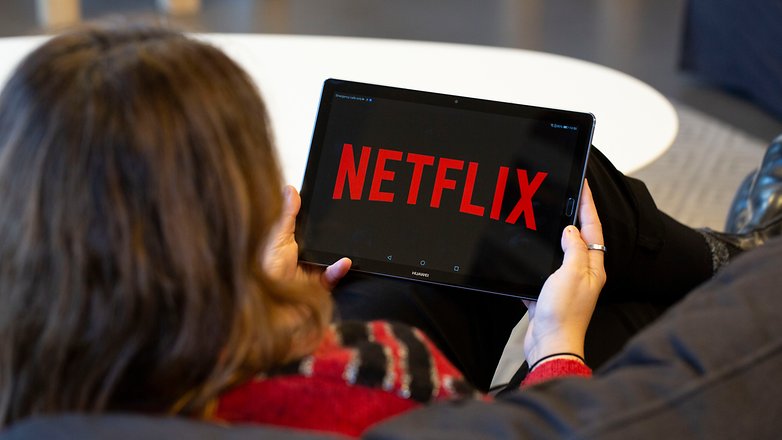Netflix lobbies against Georgia anti-abortion law

Netflix, the global online video streaming giant, is joining the battle against the anti-abortion law passed by some southern US states. Indeed, it threatens Georgia with stopping all its filming there if the voluntary termination of pregnancy is restricted.
Why Georgia?
A wave of restrictive measures regarding abortion is underway in many southern states of the United States. This (sad) trend concerns Alabama, Missouri, Tennessee, Mississippi and Georgia. Since then, many speeches and demonstrations have denounced these measures.
Many stakeholders are taking the floor on this subject, and Netflix is entering the debate. Indeed, the online streaming giant spoke on Tuesday, May 28, following the adoption of a law by the State of Georgia which has just adopted a law tightening access to abortion. It also happens to be a state where Netflix makes many films and series.
"We employ many women on productions in Georgia, whose rights, like those of millions of others, will be severely restricted by this law," Ted Sarandos, Netflix content manager
A speech with strong consequences
This is a threat that could bear fruit, as Netflix employs many citizens in the southern United States, damaging the economy of an entire region. But it should be noted that, for the time being, nothing is official. Ted Sarando, adds: "Since the legislation has not yet come into force, we will continue to tour there, while also supporting partners and artists who have chosen not to do so. If the law were to be applied, we would reflect on all our investments in Georgia."

It should be noted that Georgia is a state that attracts many large productions thanks to very advantageous tax measures. Among the biggest productions, there are some of Marvel's films, such as Les Avengers or TV series such as Stranger Things or The Walking Dead. Netflix was the first major studio to enter the debate, following the call for a boycott of film shoots in Georgia by small celebrities and independent production companies.
Source: CBS




I don't understand how is this good for business?